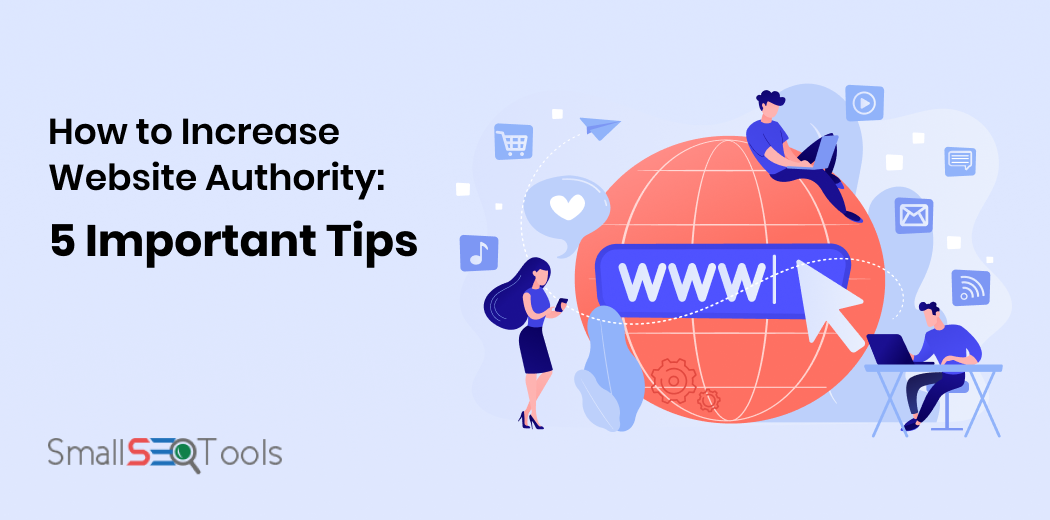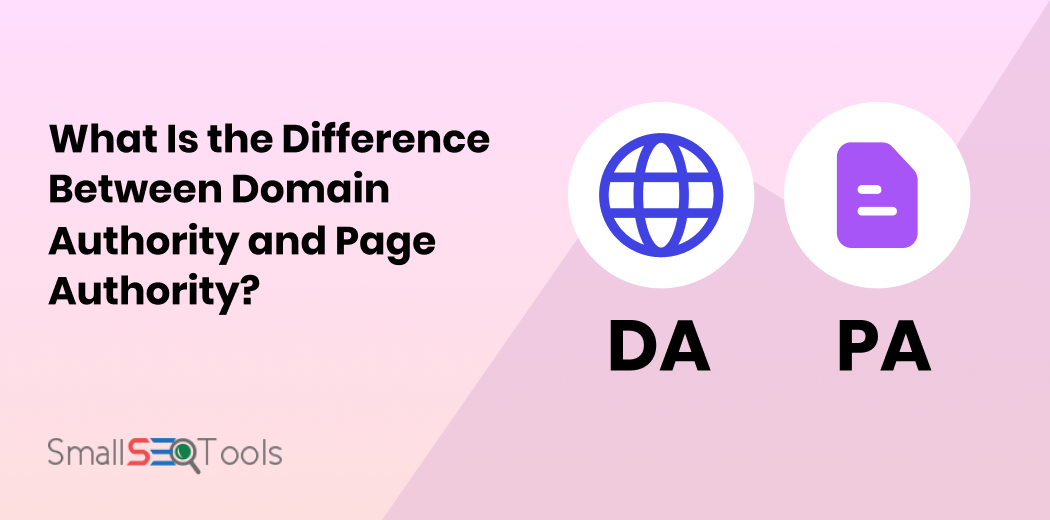Understanding SEO Techniques (for Non-Technical People)

In a previous article, we focused on “What is SEO” (for newbies) but it could use some elaboration. In short,
- SEO is not complicated. (But it does not benefit most SEO providers to admit how simple it all is.)
- However, SEO techniques frequently change. Unless SEO is “what you do”, it’s easy to get sucked up into outdated information.
- Nonetheless, the most important thing to understand is that aggressive (black hat) SEO is probably going to backfire and get your website blocked from search engine results.
- For that reason, you have to keep in mind that a potential SEO provider may use techniques that are not appropriate for what you need.
You Shouldn’t Have To Understand SEO. You Do Have To Understand SEO Techniques.
It doesn’t take a genius to get it. SEO is about making sure new customers will find you when they search online for what you do. Honestly, that’s all you should really have to know about search engine optimization.
In the previous article, we used an example to show how you can protect your brand from those who provide risky SEO services. (Warning sign #1- they won’t care about protecting your brand.) The example focused on Betty’s Bakery.
Now, Betty is brilliant at pastries and desserts. She’s not a technical person. It would be easy for her to hire the wrong “web guy&rdquordquo; if she didn’t take the time to understand how various SEO techniques would work for—or against—BettysBaker.com.
Here are some of the most frequently used terms that apply to SEO techniques, with a short description to help you understand the basics and what you should watch out for.
Link Building
Also known as “building back links”. This SEO technique was initially used to build a strong reputation for a website.
How it works:
In a nutshell, if several quality websites were linking to BettysBakery.com then this would tell Google that BettysBakery.com is a quality website. That’s the simple version… and it’s also a technique that should be extinct because it has been abused and is no longer as effective.
That’s not to say that backlinks aren’t still valuable for your website! On the contrary, you can still get more traffic (potential customers) from a backlink published on a relevant, quality website.
You might also hear “link exchange.” This too is extinct as an SEO benefit, but it is still valuable when done properly. BettysBakery.com would benefit if a link to the “Wedding Cakes” page were published on the website of a local wedding planner. WendysWeddingPlanner.com may be more willing to publish this link if BettysBakery.com would return the favor with a link to her website. This kind of a link exchange benefits everyone, including end users of each website.
What to watch for:
Even though link building is becoming a moot point, reputable providers still incorporate this SEO technique as a marketing strategy. The weight of each individual link is measured by the value in targeted traffic and relevance, and the focus remains on quality above quantity.
What to watch out for:
Aggressive SEO providers may still put a lot of stock in the quantity of backlinks, rather than the quality of each individual link. Be very cautious of a provider who focuses on link building as a core SEO strategy, because spam links can result in being blacklisted.
Blogging
As a website owner, it’s ultimately your call. Maintaining a blog can be very tedious and you might not see an immediate return for any time or money invested. To be honest, blogging is an SEO technique that must be handled separately.
How it works:
The choice of topics, frequency of publishing, and quality of content are only 3 of the elements that will determine if blogging works at all.
BettysBakery.com includes a blog that is maintained with one new post every week. When each article is published it is then promoted on social media. This tells search engines that BettysBakery.com is an active website, and it also attracts more people to visit the website.
What to watch for:
SEO providers specialize in the technical end of search engine optimization… not the creative end. A reputable SEO provider will probably make recommendations on a quality copywriter or encourage you to simply publish your own quality content. In addition to articles, you may also post videos, cartoons, and other forms of content or media. You can trust a provider who does not encourage you to have a blog strictly for SEO. Again, the focus should be on quality of content, not quantity (frequency of publishing new content) and keyword optimization.
What to watch out for:
It’s never beneficial to focus your blog as an SEO technique. Content should be valuable to readers as a priority. When content is based on optimizing for a keyword (such as an article about “wedding cakes in San Antonio” the end result is usually useless. Also be weary of SEO providers who offer cheap content. When you spend $5 for an article, you get what you pay for.











